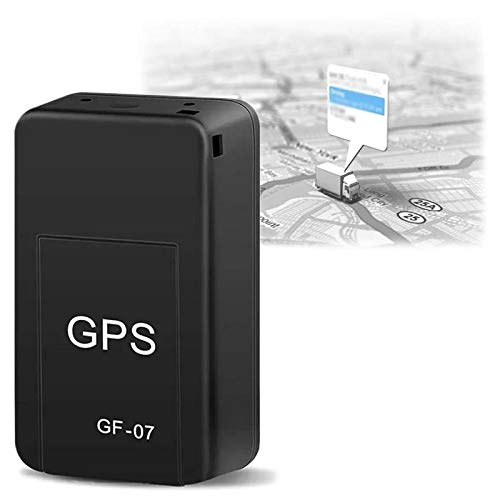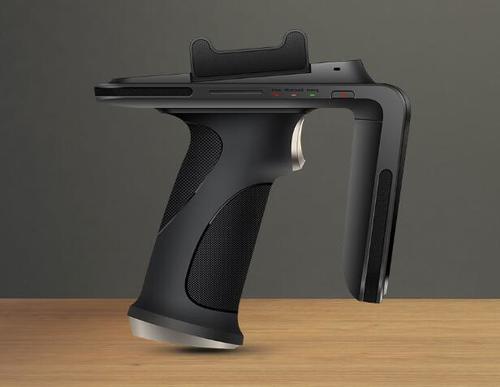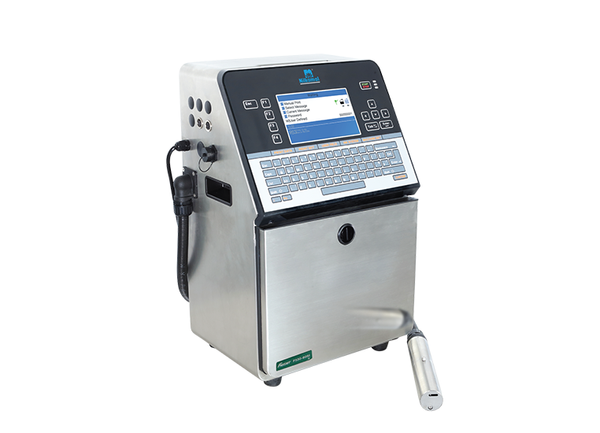A DC Motor is an electrical machine that converts direct current (DC) electrical energy into mechanical energy. DC motors are widely used in various applications due to their simplicity, controllability, and efficiency. They come in different types, including brushed and brushless motors, each suited for specific applications. DC motors are essential components in industries such as manufacturing, automotive, robotics, and consumer electronics.
Specifications
- Voltage Range: 1.5V to 48V or higher, depending on the application
- Power Rating: From a few watts to several kilowatts
- Speed Range: 0 to 10,000 RPM or more, depending on design
- Torque: Varies by model, typically ranging from 0.1 Nm to over 500 Nm
- Construction: Options include permanent magnet, series-wound, shunt-wound, and compound-wound motors
- Efficiency: Generally between 70% to 90%
- Weight: Varies significantly, from a few grams to several hundred kilograms
Benefits
- High Efficiency: Converts electrical energy to mechanical energy with minimal losses.
- Precise Control: Easily controlled speed and torque, suitable for applications requiring fine adjustments.
- Reliability: Robust design and durable construction ensure long-term performance.
- Versatility: Applicable in a wide range of industries and applications.
- Ease of Maintenance: Simple construction, especially in brushed motors, allows for easy maintenance and repair.
Features
- Speed Control: Ability to adjust speed accurately using variable voltage or pulse-width modulation (PWM).
- High Starting Torque: Provides significant torque at startup, ideal for applications requiring immediate movement.
- Compact Design: Available in various sizes to fit specific space requirements.
- Quiet Operation: Especially in brushless designs, which reduce noise and mechanical wear.
- Reversibility: Can easily change the direction of rotation by reversing the polarity of the supply voltage.

















Reviews
There are no reviews yet.